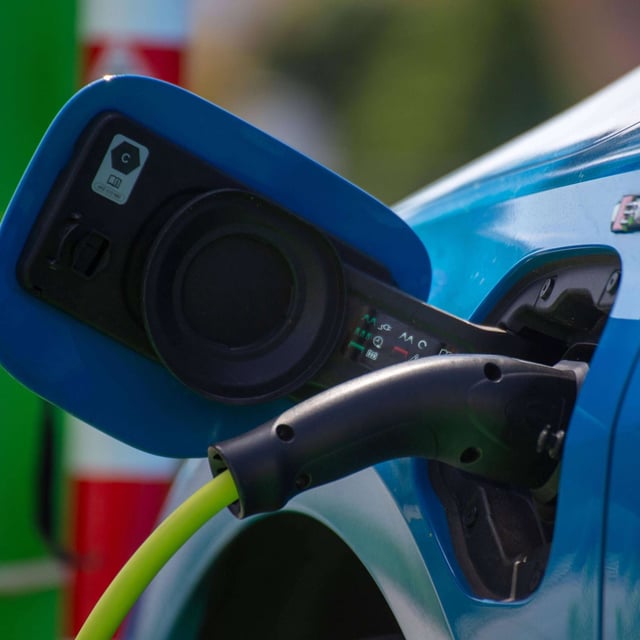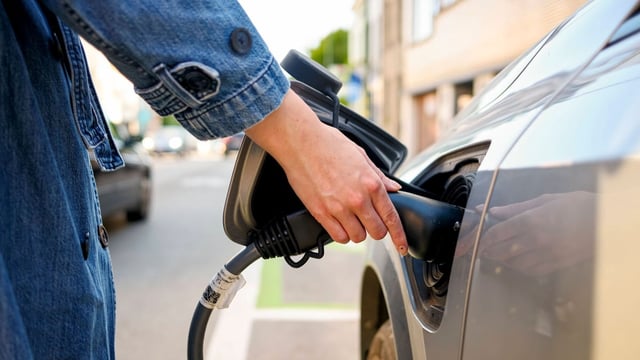Overview
- Germany saw electric vehicle registrations climb 53.5% year-on-year in April 2025, driven mainly by commercial fleet purchases.
- Private customers account for just 3–4% of new EV registrations, citing high upfront prices and uneven charging networks as key barriers.
- A Fraunhofer ISI analysis finds modern EVs reduce lifecycle CO₂ emissions by 40–50% compared with similar combustion models when charged with renewable energy.
- Battery improvements now deliver around 400 kilometers per charge on average, supported by an expanding fast-charger network and pilot bidirectional charging schemes.
- Recycling and second-life applications for EV batteries could supply up to 30% of Europe’s lithium, nickel and cobalt demand by 2035, easing raw material pressures.


